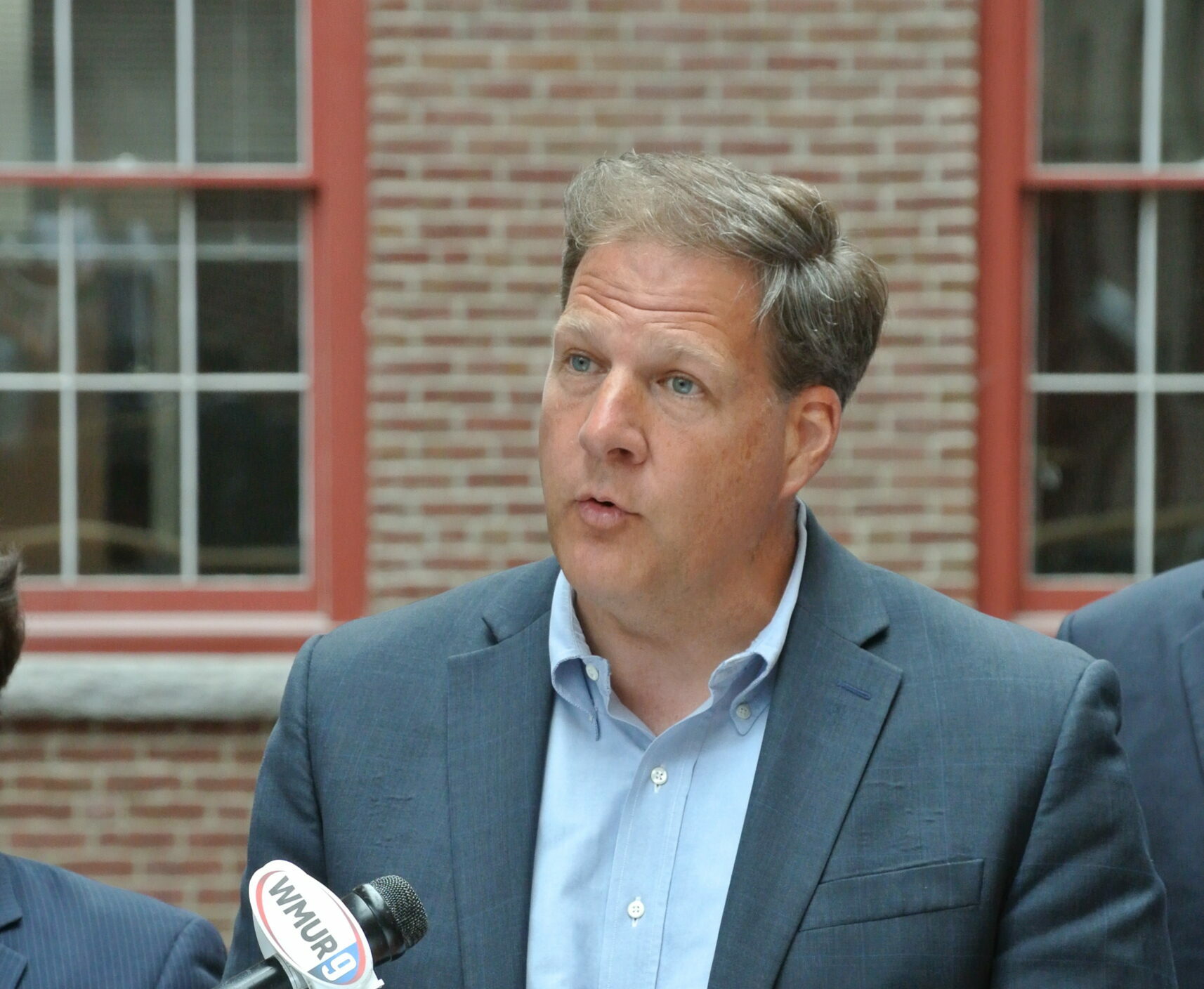In the worst-case scenario, some Granite Staters could run out of heating oil or electricity this winter as the nation grapples with the current energy crisis, experts warn. ISO New […]

In the worst-case scenario, some Granite Staters could run out of heating oil or electricity this winter as the nation grapples with the current energy crisis, experts warn. ISO New […]
